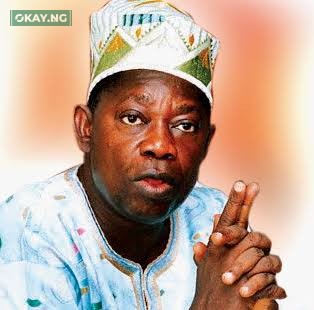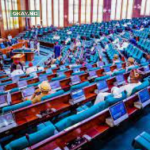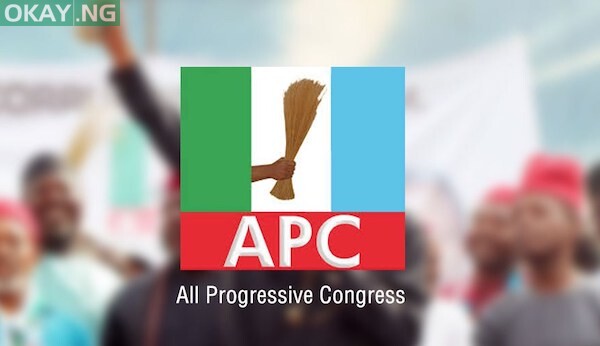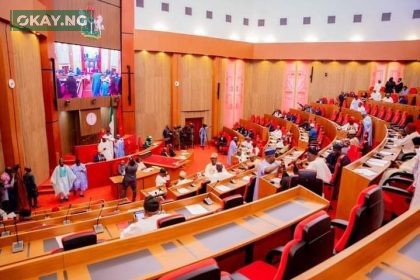Jamiu Abiola, son of the late Chief MKO Abiola, has expressed strong conviction that Nigeria’s economic trajectory would have been significantly improved if his father had been allowed to assume office following the 1993 presidential election.
Speaking on Channels Television’s June 12 Special Forum on Thursday, which commemorated 26 years of uninterrupted democracy in Nigeria, Jamiu highlighted the global economic context of the early 1990s. He described the annulment of the election as a lost chance for Nigeria to harness a period of international economic expansion.
“Nigeria would have been better because, at that time, it was a very special time in global times; that 1993 period was a time when the world itself was having an international economic boom,” he said. “So, we could have tapped into that. But what did we get in return? We got a kleptomaniac as head of state. I am not going to talk about (Sani) Abacha because he has his problems wherever he has found himself.”
Jamiu, who serves as Senior Special Adviser to President Bola Tinubu on Linguistics and Foreign Affairs, also lamented ongoing efforts to diminish his father’s legacy in Nigeria’s political history.
“I wrote a book in 2015 because I came to realise that my father’s name was becoming like a memory that was becoming distant and people were hellbent on rewriting the history of Nigeria without him,” he explained. “People would come from abroad, foreign presidents, they would mention Yar’Adua and others, and they would not mention Chief MKO Abiola. Some people wanted to bury his name. Like my father would say: they wanted to shave his head in his absence.”
His book, The President Who Never Ruled, was written to preserve MKO Abiola’s legacy and ensure that future generations remember his historic role in Nigeria’s democratic evolution.
In a significant posthumous recognition, former President Muhammadu Buhari awarded MKO Abiola the Grand Commander of the Order of the Federal Republic in 2018 and officially declared June 12 as Democracy Day, a move widely regarded as overdue.













